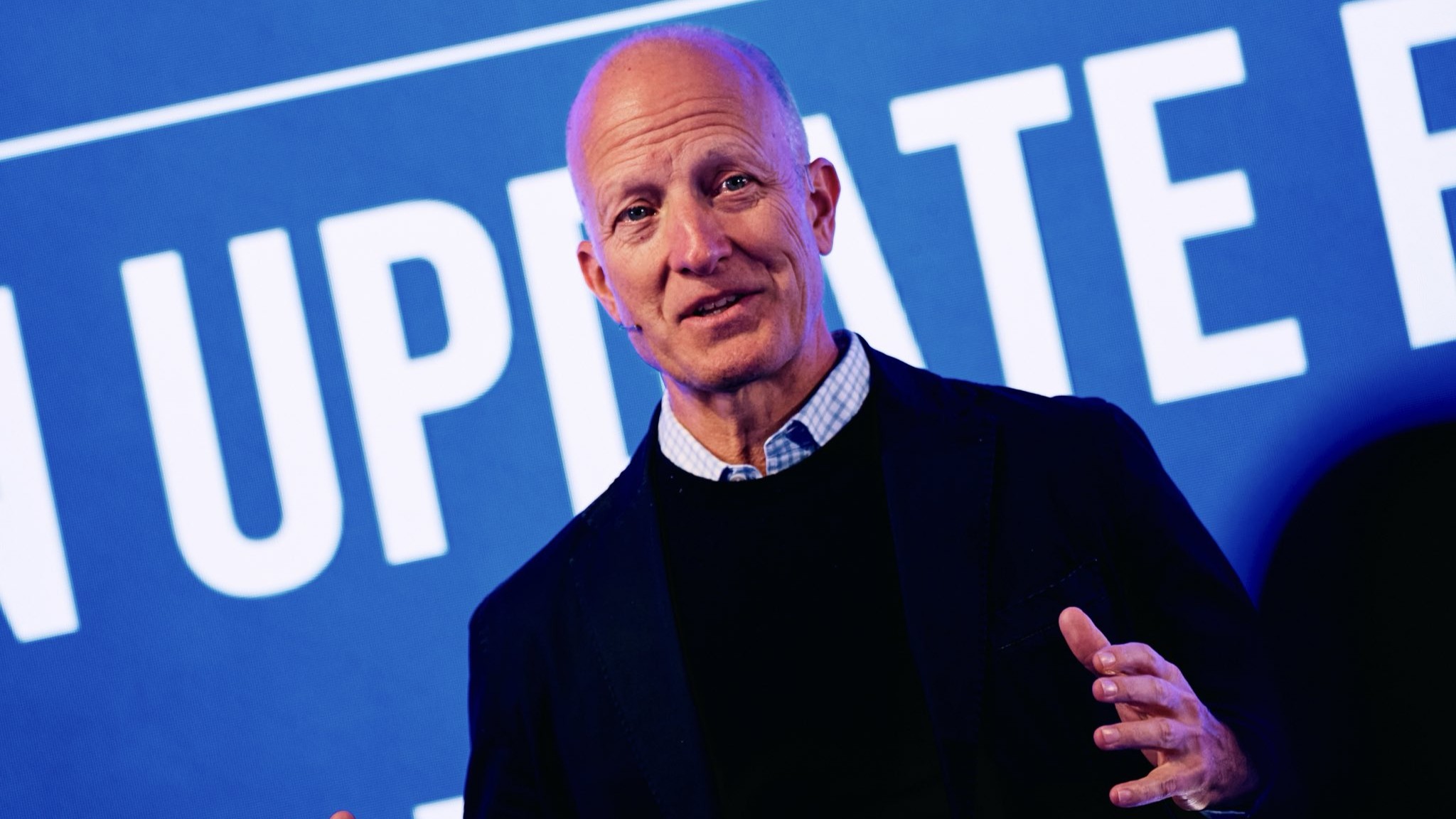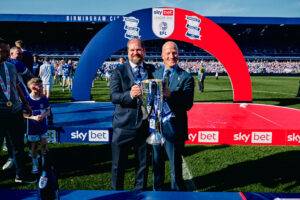Trevor Francis famously became football’s first £1 million player.
Now the club that sold him is spending £1 million-a-year on electricity for its super computers to try and find the next TF.
This was a remarkable revelation from Blues latest Open House event, and one that spotlighted their scouting and recruitment transformation.
Blues are data driven in much that they do and the investment in this field is burgeoning.
In January, it was revealed that the club had bought Real Analytics, a major Artificial Intelligence (AI) powered platform specialising in scouting, recruitment, playing strategy and opposition analysis.
It had been working with big clubs worldwide through its proprietary algorithm that rates every single action in a match based on how much it contributes to the team’s performance – now Blues have those secret inner workings to themselves.
Then Blues partnered with Gradient Sports in July, an American firm used by all NFL teams for data driven insights. Gradient are specialists in enhanced broadcast tracking and detailed physical metrics. On their website, they claim their ability to turn ‘raw data into a strategic asset’ enables Blues to make ‘make smarter, evidence-backed decisions across recruitment, coaching, and long-range planning’.
We all know of the ‘moneyball’ approach in baseball, made famous by Brad Pitt as Billy Beane in the film of the same name, which was adopted by Tom Wagner’s favourites, Boston Red Sox.
Well, as the evidence above shows, Wagner has quietly been bringing the same kind of practices to Blues, with AI and human minds collaborating.
For the most recent transfer windows, Blues have been relying heavily on the vast amount of data collected on potential targets to inform their decision-making.
The £1 million electric bill was referred to at the Open House and that’s how much juice is needed to power the club’s server farm.
Their super computers not only come up with players that would fit Blues criteria and ethos, but simulate the likely success – or failure – of the team with those players in it.
These predictions are ‘scarily accurate’ revealed Andrew Shanahan, the Blues director who works closely with the recruitment department, at the Open House.
Wagner said when we talk about ‘data, data, data’ it’s ‘really data analytics that is AI enabled’.
“We’re not going to go into what we are actually doing because we own it,” he said.
Wagner added that through ‘interactions’ with Chris Davies, Craig Gardner and the recruitment department brains trust, ‘the system is being input with the expertise of human beings. It’s getting really smart, becoming an increasingly powerful tool’.
Shanahan warmed to the theme when asked to provide some more detail at the Open House.
The bespoke system and modelling Blues have built is able to utilise information from 17 leagues across the world and has data from 10 years’ worth of matches.
“We are (spending) close to £1 million on electricity just running the compute, that formulates the models.
“I’m not going to say where it’s forecast finishing (this season) but it is scarily accurate . . . to about two places.
“There’s always one team that wildly out-performs, one team that wildly under-performs.”
Shanahan continued: “To put into perspective, when we want to run a simulation for a line-up, it takes the computer about 60 minutes just to run through all the iterations.
“So when it forecast the season, it will run 100,000 simulations of the season to predict the outcomes. The reason that works and is interesting, is that each game is technically an independent event and so then we look at each iteration of games and availability, so there’s a huge amount of data that goes into this.
“So when we just say we’re looking at data, it’s not a spreadsheet of numbers.”
It is a complex subject and there is a danger of getting caught up in and confused by the jargon.
In essence, Blues are drawing on the advancements in technology, AI and analysis to sign better players. Information accrued through Real Analytics and the partnership with Gradient Sports can also help in terms of assisting training, recovery, coaching and preparation.
And, as Gardner let slip at the Open House, it can also be about development, too, as Blues are looking at ways to incorporate data use throughout the Academy.
Wagner told the Open House audience: “I like the fact that I think it would be fair to say we are as data-forward a club as exists anywhere in European football.
“We are very, very heavily focused on data and analysis, with the more important piece being the analysis as opposed to the data.
“And we are fortunate to have a manager who embraces it, understands it and knows how to use it.
“And I shudder to think where we will be in a very short period of time because every week it seems like we are getting better and better in how we think about the use of data and how it is enhancing our ability to make really interesting decisions not only as it relates to how we select players in the transfer window or how we select them for a particular match, but how we think about strategy. And I promise you, we will be well ahead of the competition before very long.”
Gardner explained the process Blues go through at the Open House.
Garner, the director of football, is part of a football committee consisting of the manager, head of recruitment data Steven Spencer, head of recruitment Joe Carnall and chief financial officer Mark Smith.
“If we’re looking to recruit a centre-half we will put in the player profile of a centre-half and what we see in a centre-half – being able to head the ball, being able to run, turn, can he take the ball, is he good technically and in one-v-one situations . . .
“Them profiles goes through the system that then spits out, I don’t know, two or three hundred centre-backs and then we bring it down. It might even spit out someone like Van Dijk and we know we can’t afford Van Dijk so you adjust the profiles and it comes out to where we are, in line with Birmingham City Football Club.
“Then it drops down your top fives and we produce that and pass that over to Chris (Davies). We do that for every single position.
“On top of that we run the simulations on how we see this player going into the team and where the team will finish in the table across previous years.
“The amount of detail that goes into every single decision is not just an off the cuff decision. It’s not just ‘we’re going to take this centre-half because we like him’. There’s so much information and detail that goes into every single decision.”









